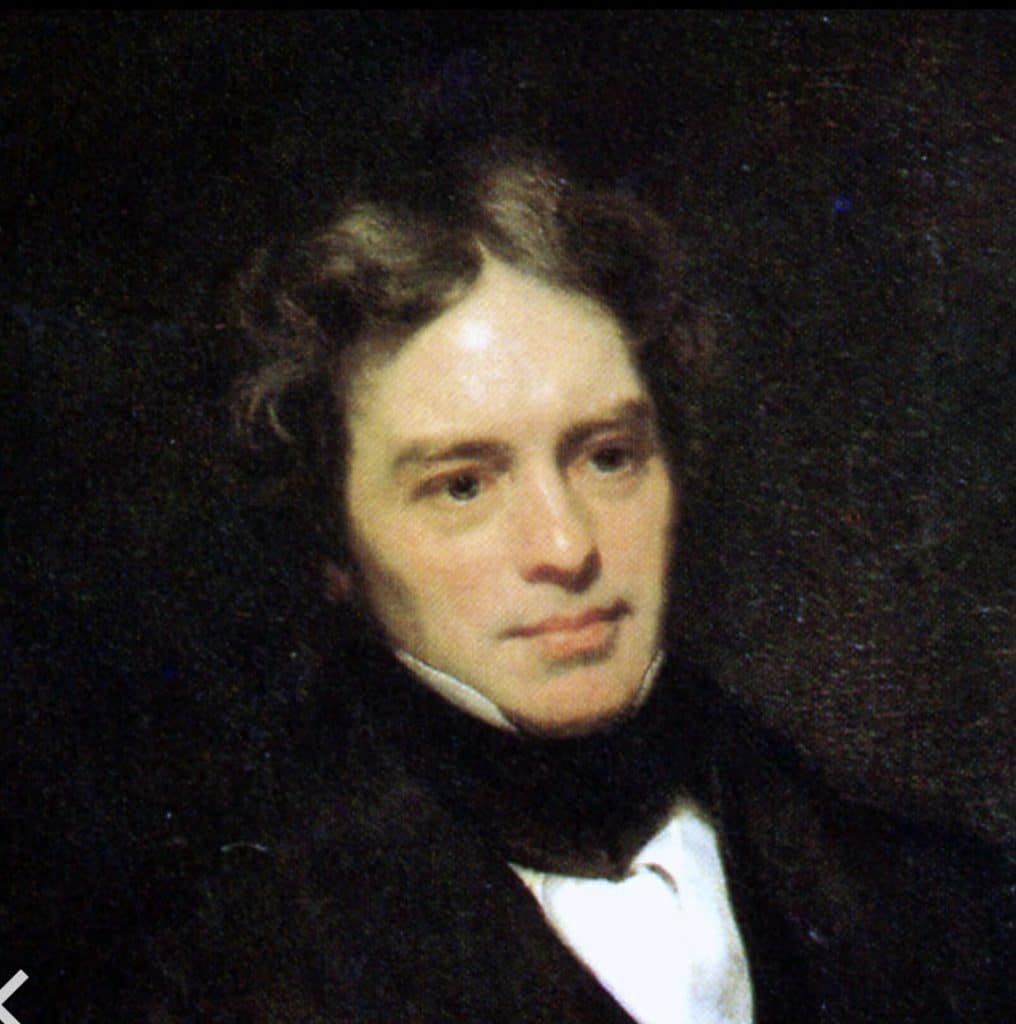
Michael Faraday was born on September 22, 1791, in Newington Butts, Surrey, England, to a poor family. His father, James Faraday, was a blacksmith, and his mother, Margaret Hastwell, was a housewife. Faraday received only a basic formal education and had to work as an apprentice bookbinder when he was a teenager. During his apprenticeship, he read many scientific books, which sparked his interest in science.
In 1812, Faraday attended a series of lectures by the eminent chemist Sir Humphry Davy at the Royal Institution in London. Faraday took detailed notes of these lectures and sent them to Davy, along with a request for employment. Impressed by Faraday’s enthusiasm and dedication, Davy hired him as a laboratory assistant in 1813. Faraday quickly proved his talents as an experimentalist and made significant contributions to chemistry. He discovered benzene, investigated the properties of chlorine, and conducted research on the liquefaction of gases.
Faraday’s most significant work was in the field of electromagnetism. In 1821, he demonstrated that a magnetic field could induce an electric current, laying the foundation for the development of the electric motors, generators and transformers that would play a crucial role in the Industrial Revolution. He also discovered electromagnetic induction and formulated Faraday’s laws of electromagnetic induction, which describe the relationship between a changing magnetic field and the induction of an electric current. His research on electricity and magnetism led to the concept of magnetic field lines, that were later formalized by James Clerk Maxwell in the famous Maxwell equations.
Faraday served as a scientific advisor to the British government and was appointed as the first Fullerian Professor of Chemistry at the Royal Institution in 1833. His tireless work culminated in 1839 in what his physicians diagnosed as a “nervous breakdown,” yet after a brief recovery, he was able to continue with his experimental work.
When the British government invited him to advise on the production of chemical weapons for the Crimean War, Faraday declined, asserting his belief that such devices were unethical. Michael Faraday died at the age of 75 on August 25, 1867, in Hampton Court, London. A memorial plaque located near Newton’s tomb in Westminster Abbey commemorates his contributions. Despite his humble beginnings, he became one of the most influential scientists of the 19th century and left a lasting legacy in the fields of physics and chemistry.
